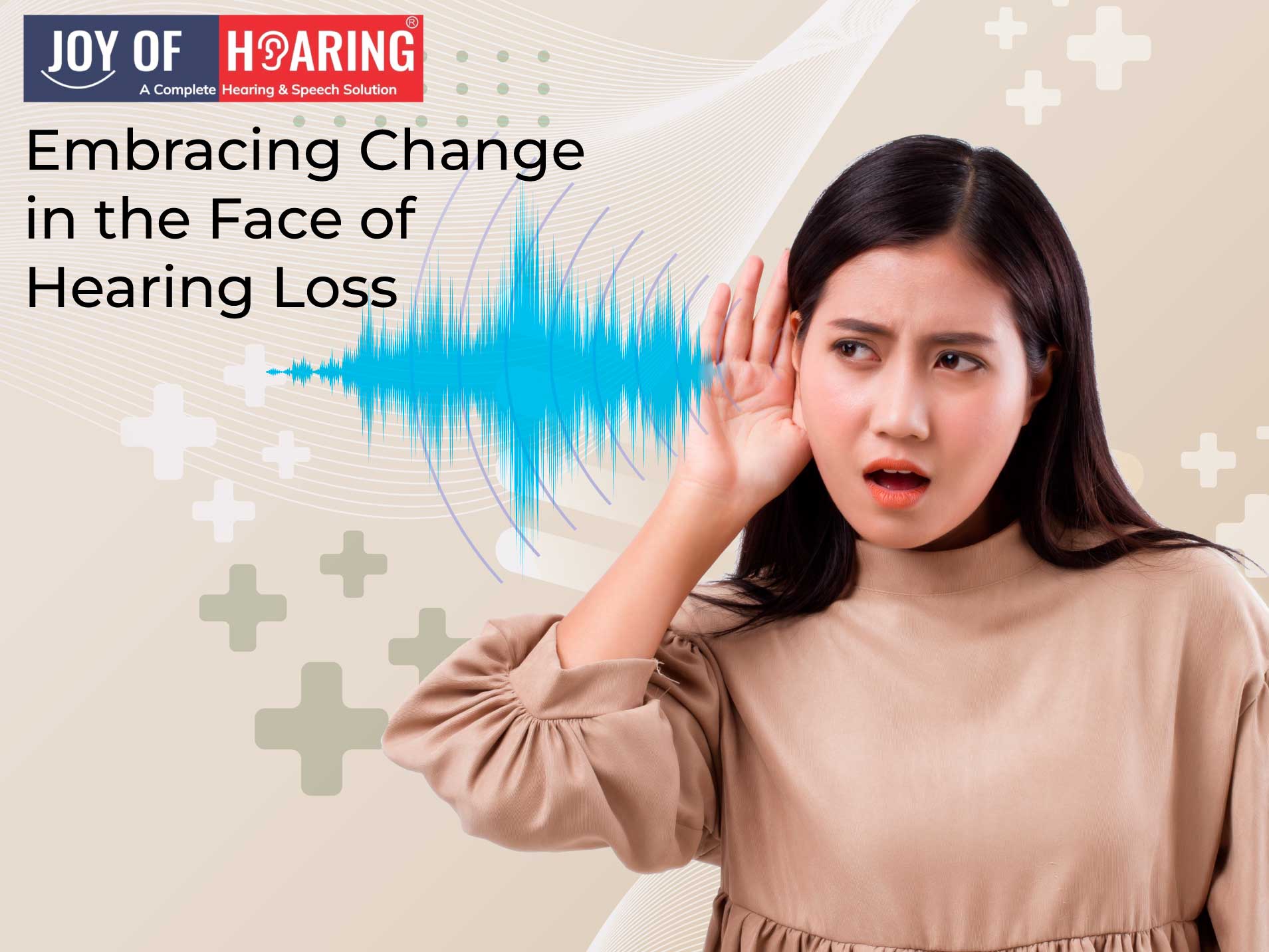
Experiencing sudden hearing loss can feel like a seismic shift, altering your ability to interact with the world and connect with those around you. Whether it’s a complete or partial loss of hearing, this unexpected change can profoundly impact various aspects of daily life, from personal relationships to professional activities. In this blog, we’ll explore how sudden hearing loss affects everyday life and provide practical coping strategies and support systems to help individuals adjust and thrive.
The Impact of Sudden Hearing Loss on Daily LifeSudden hearing loss can strain relationships with family and friends, making conversations more challenging and potentially leading to feelings of isolation.
In the workplace, hearing loss can hinder effective communication, impact job performance, and create barriers to career advancement.
Loss of hearing can lead to difficulties participating in social gatherings, feeling left out of conversations, and experiencing reduced engagement in community activities.
The sudden change in hearing ability can lead to feelings of frustration, anxiety, and depression as individuals adjust to their new reality.
Everyday activities, such as answering the phone, hearing alarms, or following television programs, can become more challenging, impacting daily routines and independence.
Hearing loss can affect your ability to hear important sounds in your environment, such as approaching vehicles, emergency alerts, or other critical auditory cues.
Early intervention is crucial. Consult an audiologist to assess the extent of your hearing loss and explore treatment options, including hearing aids or other assistive devices.
Engage in auditory training and speech therapy to enhance communication skills and adapt to your hearing changes.
Invest in high-quality hearing aids that amplify sound and improve clarity. Modern hearing aids offer advanced features to enhance your listening experience.
Consider devices such as personal amplifiers or captioned telephones to assist with communication in various settings.
Use visual aids, such as written notes or gestures, to support communication. Encourage others to face you when speaking and to use clear articulation.
Utilize communication apps and services that offer real-time transcription and captioning to facilitate conversations and information access.
Inform family, friends, and colleagues about your hearing loss and discuss ways they can support effective communication.
Connect with others who are experiencing similar challenges through support groups or online communities. Sharing experiences and coping strategies can provide valuable emotional support.
Professional counseling can help address the emotional impact of hearing loss and provide coping strategies for managing stress and adjusting to new circumstances.
Engage in activities that promote mental and emotional well-being, such as mindfulness, exercise, and hobbies that bring joy and relaxation.
Sudden hearing loss can undoubtedly disrupt daily life, but with the right strategies and support systems in place, individuals can adapt and continue to lead fulfilling lives. By seeking professional help, utilizing assistive devices, adjusting communication methods, and fostering a supportive environment, you can navigate the challenges of hearing loss and maintain strong connections with the world around you. Embracing these coping strategies will not only help manage the immediate impacts but also empower you to thrive in your new reality.
Call to Action:If you or someone you know is dealing with sudden hearing loss, it’s important to seek help and explore available resources. Reach out to an audiologist or support group to get the assistance you need and start on the path to adjusting and thriving. Remember, with the right support and strategies, you can turn the challenge of hearing loss into an opportunity for growth and resilience.